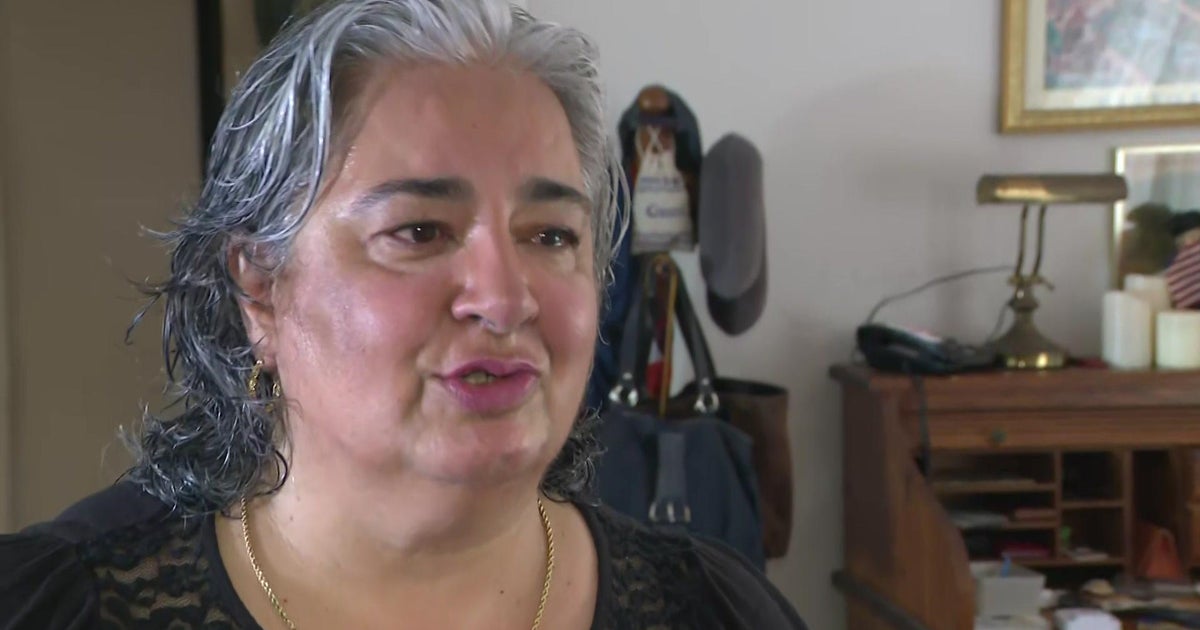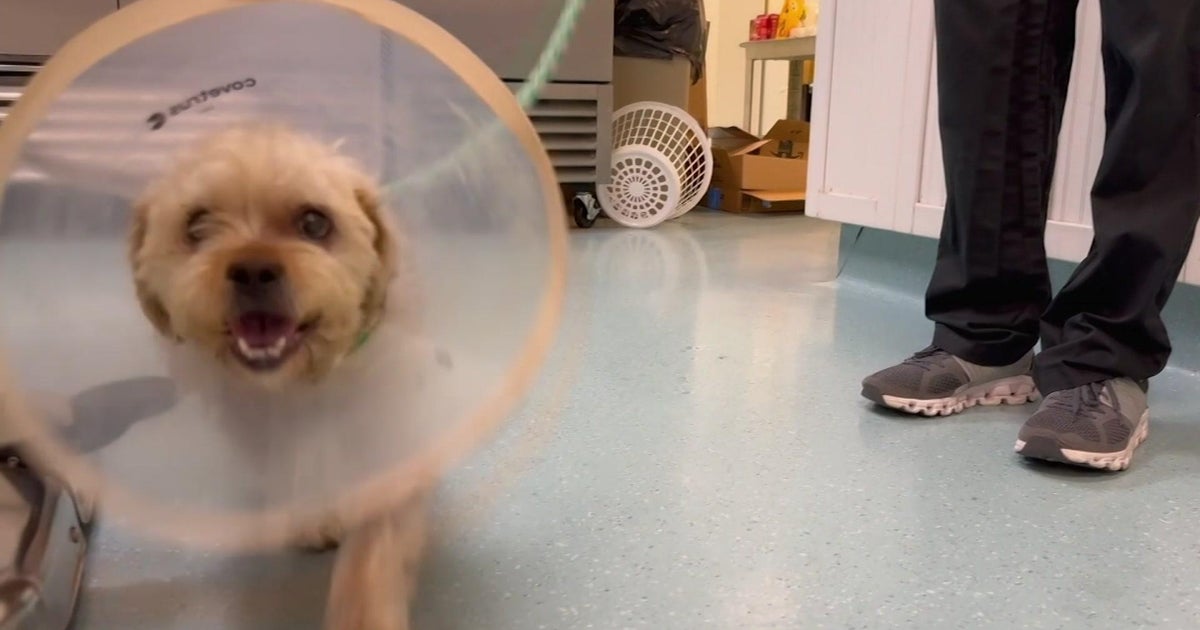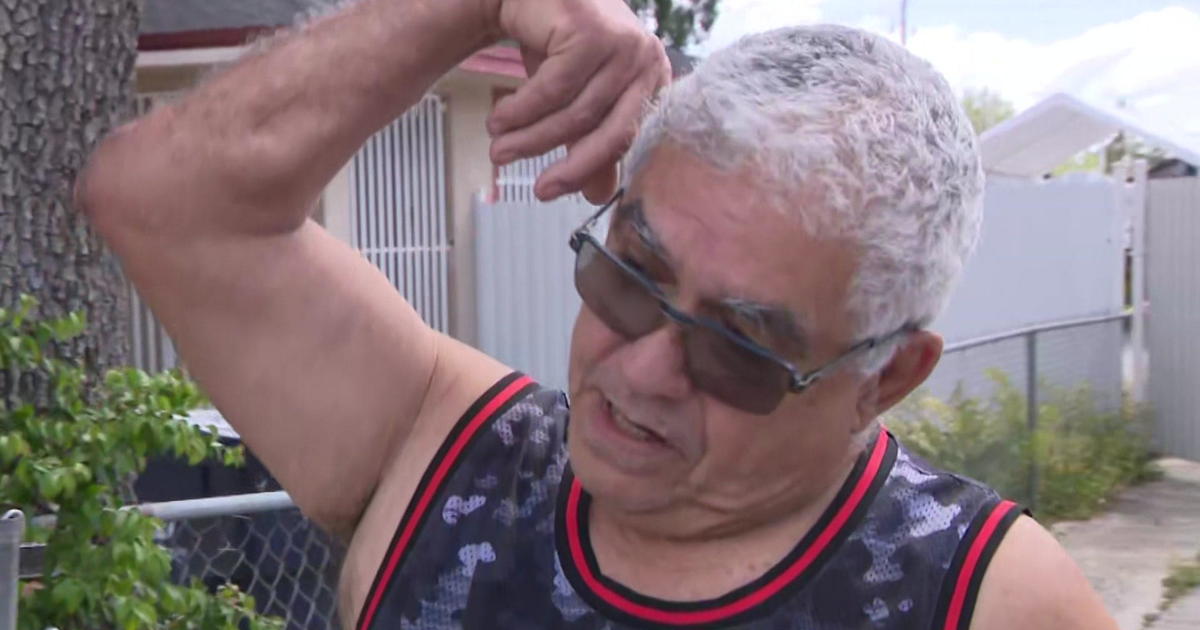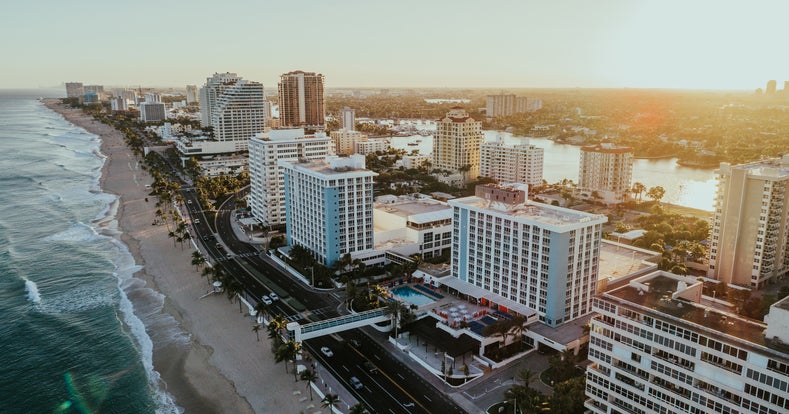Recycling Becoming A Costly Problem For Cities Throughout The US, Including In South Florida
MIAMI (CBSMiami) – Recycling is good for the environment, but much of what people put in the recycling bin can't actually be recycled.
That's become a costly problem.
Communities across the country used to make money on recycling, but that changed when China stopped taking much of our paper, cardboard and plastic.
Now, for the first time, places like Lowell, Massachusetts are paying to dispose of it.
Gunther Wellenstein, recycling coordinator for Lowell, says the city could be on the hook for $500,000.
Crews in Lowell are now checking bins and giving warnings or even tickets for violations.
Leaders in Sunrise, Florida were also forced to make changes.
Richard Salamon, Sunrise city manager, said "The price of processing recyclables increased from $53 a ton to approximately $96 a ton."
Because of that, Sunrise is now sending all its trash and recyclables to a waste energy plant to be burned in a process that generates electricity.
Cities that still collect recycling pay more when consumers leave contaminated or non-recyclable items in the bin, because all of it has to be sorted in a facility.
Dawn McCormick, a spokesperson for Waste Management, says "We want to recycle clean and loose paper, cardboard, bottles and cans. When in doubt, throw it out."
Here is what you can and cannot recycle:
DO PLACE IN THE RECYCLE BIN:
- Paper products clean and dry: newspapers, magazines, catalogs, telephone books, printer paper, copier paper, mail and all other office paper without wax liners
- Cardboard: packing boxes, cereal boxes, gift boxes and corrugated cardboard; Flatten all boxes before placing them in your cart
- Metals: aluminum (cans and bottles only) & steel (cans only) food and beverage containers
- Aseptic containers: polycoated drink boxes, juice cartons and milk cartons
- Glass: glass food & beverage containers (clear, brown and green)
- Plastic containers (bottles only): bottles, milk, water, detergent, soda and shampoo containers (flatten and replace cap)
DO NOT PLACE IN THE RECYCLE BIN:
- Plastic bags: do not place recyclables in plastic bags or place loose plastic bags in the recycling cart
- Pizza boxes
- Paper or cardboard soiled with liquid or food waste
- Batteries: dry cell batteries, lead acid batteries. See what to do with batteries
- Certain plastics: plastic bags, cups, utensils and plates, polystyrene (foam) products, egg cartons and trays, margarine and butter tubs, yogurt cups, plastic hangers
- Certain glass products: window or auto glass, light bulbs, mirrors, glass cookware or bakeware, ceramics
- Other non-recyclables: wire coat hangers, small appliances, microwave trays
- Home chemicals: paints, pesticides, pool chemicals, fertilizers and other household hazardous waste
- Garbage/food waste or other nonrecyclable waste: gas cylinders, tanks, rocks, dirt, building debris, garden hoses, flammables
- Medical waste and pharmaceutical
- Electronic waste and accessories: PCs, monitors, televisions, printer cartridges, keyboards, cell phones, CDs and DVDs
- Textiles: clothes, shoes, bedding, pillows, etc.



